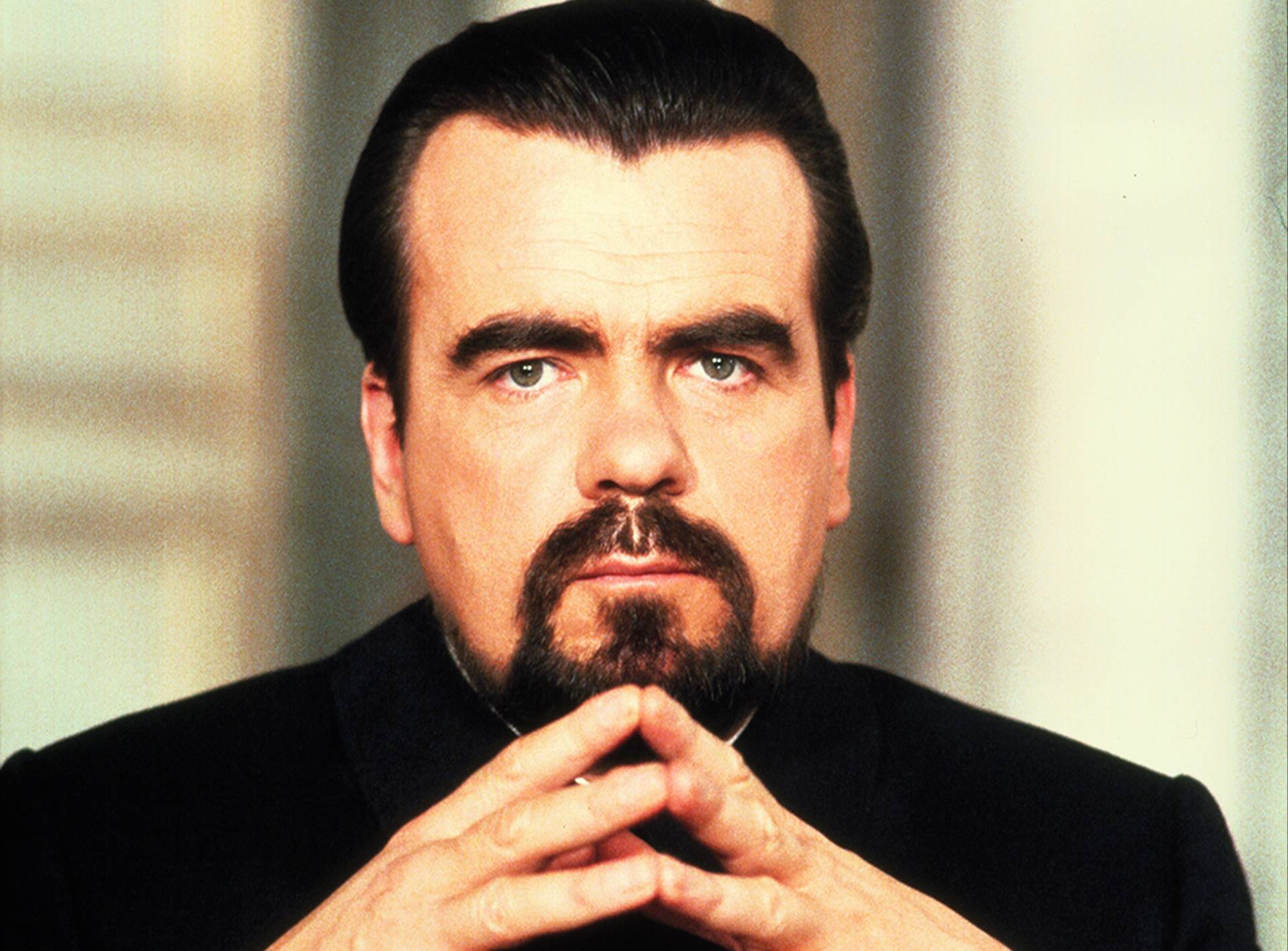Mr Kobayashi
Well-Known Member
- Joined
- 1 Oct 2020
- Messages
- 17,348
Human beings

Human beings

I think Belgium being a much smaller country (about the size of Munster) although it as a whole seems to come lower on the density table shown, the population is really more evenly spread throughout the country. Towns and villages are very regularly spaced. The Ardennes hills and forests are the least densely packed area but is a relatively small border area with Germany.
I didn’t say that. There’s no shortage of brown belt land within existing towns and cities. Manchester is 200,000 down from its population peak in the 1930s for example.So you want a country to have cities and towns that expand outwards to the detriment of all those who live there and think that’s okay as they can get in a car and drive to somewhere open. Haha pmsl.
Human beings
When you take away population growth, debt and inflation how much actual growth is there in developed countries. If the world population stabilises at 10 billion once most countries have developed what happens then? As this population gets older and people have less children who will pay for their pensions and medical bills. Who will do the jobs that no one wants to bother with.
This is the problem you either have continual population growth for ever which isn’t possible nor desirable or find another way. Why wait and try when it’s at 10 billion?
The reason is there isn’t enough will to do so. This is human nature like the enviroment. People are content to pass it on. Then one day it isn’t a future problem anymore.
How much of the planet do we need to fuck up and how much of our own local enviroment do we need make worse. I would hope that people especially over the last 12 months have worked out what is actually important. They won’t though.
I’m glad Bob has broadened his horizons away from that dog shit Brexit thread finally but unfortunately he could have put his global open borders nonsense in there because that’s all this is.
I'm a little worried. Human beings a cancer...So you want a country to have cities and towns that expand outwards to the detriment of all those who live there and think that’s okay as they can get in a car and drive to somewhere open. Haha pmsl.
I'm not sure what you mean by brown belt - there's not much more public open space than in the 1930s. What we do have is much reduced housing density. Slums have gone, deck access flats have gone, the suburbs came. (The Tories of course think it's OK to let office blocks be converted without planning consent to windowless apartments, but maybe that's for another thread.) Between WW1 and WW2, Britain's urban area expanded by 50%, but the population grew by only 10%. (R. Best, "The Future Urban Acreage", Town and Country Planning magazine, 1964)I didn’t say that. There’s no shortage of brown belt land within existing towns and cities. Manchester is 200,000 down from its population peak in the 1930s for example.
I didn’t say that. There’s no shortage of brown belt land within existing towns and cities. Manchester is 200,000 down from its population peak in the 1930s for example.
I'm a little worried. Human beings a cancer...
"This is the problem you either have continual population growth for ever which isn’t possible nor desirable or find another way. Why wait and try when it’s at 10 billion?"
Is this as sinister as I fear?
Frankly, it sounds like somewhere between Malthus and a final solution.You would have to tell me what you think I mean before we can decide if it's sinister.
It is questionable, because as finite resources run out then we rely increasingly on new technology. There are also the degrowth movements such as extinction rebellion who seek to introduce well being as a measure of prosperity over GDP. I am sympathetic to that. Degrowth movements seek to establish localism, put emphasis on community and sustainability and that fits comfortably with me. It will not fit comfortably with the Capitalist class though, hence the amount of political capital expended on discrediting the likes of extinction rebellion and other "green" groups.Is permanent growth possible in a world of finite resources?
